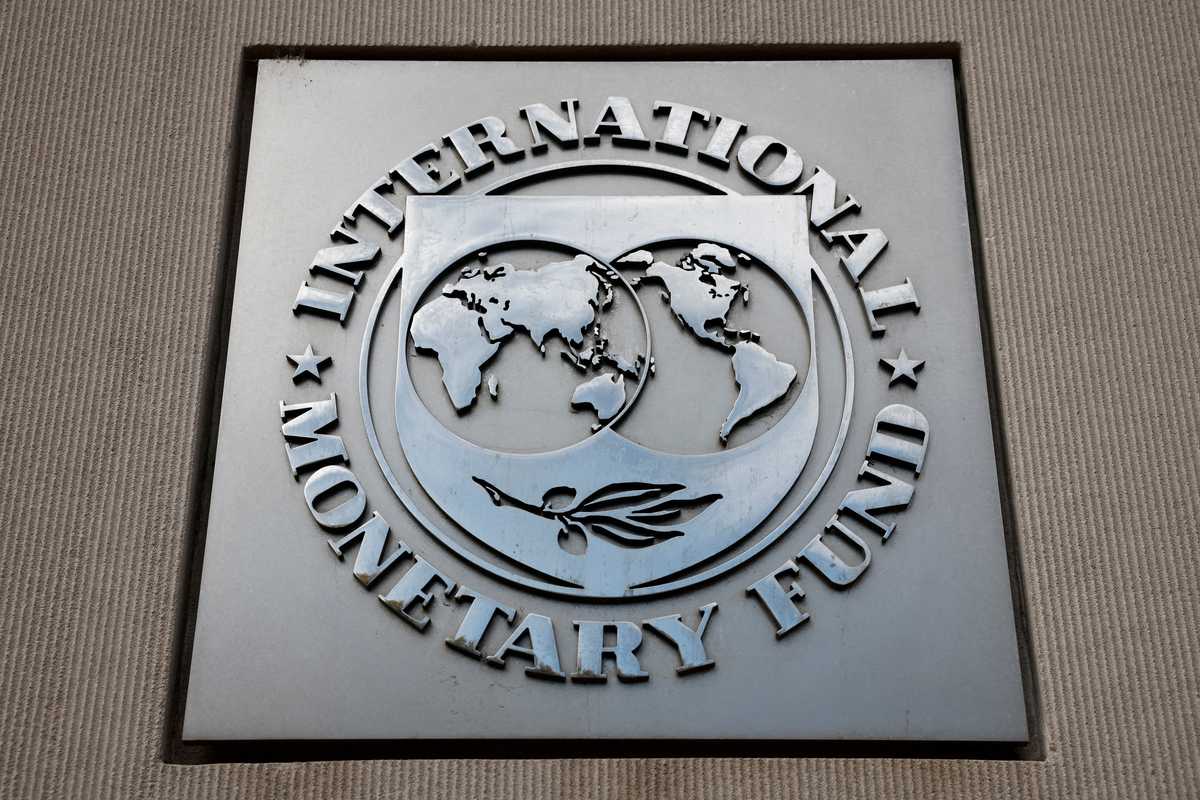IMF sets PKR 14.3 trillion tax target for Pakistan in FY26, urges end to ‘non-filer’ category
As of January 2025, filers among retailers, wholesalers, and traders had increased by 51% year-over-year. The number of filers with positive tax liabilities rose by 38%

Shahzad Raza
Correspondent
Shahzad; a journalist with 12+ years of experience, working in Multi Media. Worked in Field, covered Big Legal Constitutional and Political Events in Pakistan since 2012. Graduate of Islamic University Islamabad.

The International Monetary Fund (IMF) has projected a tax collection target of PKR 14,307 billion for Pakistan in fiscal year 2025-26 and backed a proposed bill to eliminate the “non-filer” category, restricting those outside the tax net from making major economic transactions.
The projection was released on Saturday as part of the IMF’s report titled First Review Under the Extended Arrangement Under the Extended Fund Facility.
According to the report, the new tax target includes PKR 6,470 billion in direct taxes, PKR 4,943 billion in sales tax, PKR 1,153 billion in federal excise duty, and PKR 1,741 billion in customs duty.
The IMF noted that the Pakistani government has committed to strengthening tax revenue collection efforts. The goal is to raise general government revenue to 12.3% of GDP in FY2024-25, including Federal Board of Revenue (FBR) collections equal to 10.6% of GDP — or PKR 12,332 billion.
To meet this goal, the government will focus on administrative measures aimed at reducing the compliance gap. These include risk-based audits, digital monitoring of the value chain, detection of irregularities in sales tax returns, and closer scrutiny of import trends. Customs assessments will also rely more heavily on faceless evaluations to limit discretion and corruption.
The report added that Pakistan’s authorities are actively pursuing resolution of pending tax litigation cases involving PKR 770 billion in total disputed revenue. Of that amount, PKR 367 billion is considered potentially recoverable. Key cases are being heard in the Supreme Court (PKR 43 billion), Islamabad, Sindh, and Lahore hgh courts (PKR 217 billion), and the Appellate Tribunal Inland Revenue (PKR 104 billion). A final ruling from the Supreme Court is expected by mid-April and could resolve related cases worth an estimated PKR 120 billion.
The IMF said reforms in tax administration are already underway. Compliance risk management systems have been implemented in Large Taxpayer Offices in Islamabad, Karachi, and Lahore, and extended to Corporate Tax Units. The FBR has also begun integrating internal data and will include third-party information to eventually build a fully automated CRM system.
While the Tajir Dost scheme — an effort to register traders and retailers through fixed monthly taxes — has underperformed, the IMF noted progress from increased withholding taxes on unregistered retailers. As of January 2025, filers among retailers, wholesalers, and traders had increased by 51% year-over-year. The number of filers with positive tax liabilities rose by 38%.
To further boost compliance, the government has introduced a new indicative target for income tax from this segment and submitted a bill to parliament proposing the elimination of the “non-filer” category. If passed, it would bar non-filers from purchasing vehicles, real estate, and other high-value assets.
The IMF said efforts to broaden the tax base and improve compliance will be tracked under a revised performance criterion tied to the number of new taxpayers with a positive tax liability.







Comments
See what people are discussing